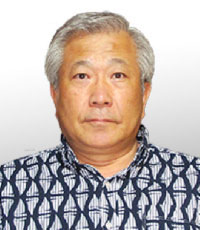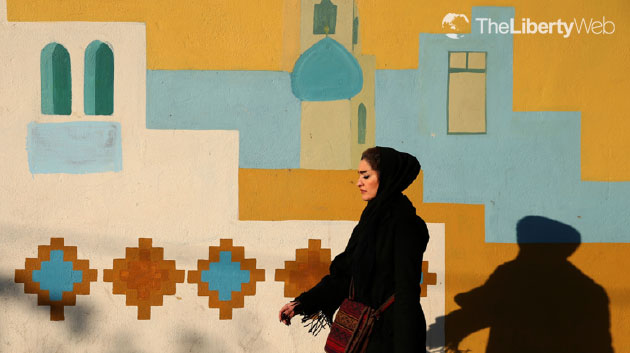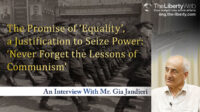Iran Continues to Transform Itself
Interview
Iran has unified religion and state in the hope of preserving Islamic values.
But their interpretations of the teachings are changing year by year. We interviewed an Iranian expert about their system of government.

Makoto Hachioshi
Professor Emeritus at Tokyo University of Foreign Studies
Born in Sapporo in 1950, Hachioshi completed his doctorate at Hokkaido University. He is now Professor Emeritus of Foreign Studies at Tokyo University. Until mid-2019 he taught modern history at the Islamic Azad University in Iran. He has numerous publications in Japanese.
–Tensions are rising between Iran and the U.S.
Hachioshi: There are factions in the Iranian government that consider the U.S. to be an enemy, but in general the government and the people don’t think of the U.S. as an enemy. There are many Iranians wanting to study abroad in the U.S. and there are up to a million Iranians who live in the U.S., especially on the West Coast.
I was in Iran when the 9/11 attacks happened in 2001, and I heard all of them saying, “something horrible has happened.” I didn’t hear a single person say, “Yes, good job.”
No Distinction Between Sacred and Secular
–The West tends to criticize Iran for its theocracy.
Hachioshi: I think that in the West, modernization began with the separation of church and state. On the other hand, Iran does not separate religion and state, so basically religious clerics hold political power in Iran, and this seems strange to the West. But here there is a big misunderstanding.
For example, in Christian Catholicism there is a huge divide between laypeople and the clergy. The clergy have a special position in relation to God. But in Islam there is no such distinction, and even Mohammad is simply a distinguished Prophet.
This also applies to Ayatollah Khomeini. He spent decades studying under a master before finally earning his title. This title allows him to make unique decisions based on the teachings of Islam in order to solve new problems that arise in the new age. The more the people support his decisions, the more respect he wins. There is no distinction between sacred and secular.
The Supreme Leader Is a Regulator
–Why is there a Supreme Leader above the President?
Hachioshi: This comes from Ayatollah Khomeini’s idea of creating a country based on Islamic thought. That’s why he placed the highest scholar of the Islamic Law in a supreme leadership position so he can make the final decisions.
The Supreme Leader is a regulator. Iran has adopted the separation of powers, so the Supreme Leader has the role of regulating any problems that occur between the three branches (legislature, executive and judiciary). And while I said he makes the final decisions, the system is such that he puts his name on decisions that are already made when they publicize those new decisions.
Looking back over the last 40 years, there has been no change in national policies, but every year there have been reconsiderations as to how strictly they should adhere to Islamic values. I think the changes will continue.
Diplomatically Active On a Private Level
–What are your thoughts on the relationship between Iran and Israel?
Hachioshi: Globally their relationship is turning radical. Iran is within the range of Israel’s nuclear missiles, so unless this threat is removed Iran will continue to think of arming itself with nuclear weapons.
But on a private individual level, there are lots of exchanges going on. Moshe Katsav, the former Israeli president, was a Jew born in Iran, and came from the same province as President Khatami. There are a notably high number of travellers between these countries too.
–How can Japan come into this picture in the Middle East?
Hachioshi: Japan stands in a curious position. They haven’t been involved in any wars in the Middle East and have maintained friendly ties with Iran since they opened in 1930. It is unfortunate that Japan’s global influence has been dropping this last decade, but there is still room for making a constructive contribution: for instance what about establishing economic ties?



















